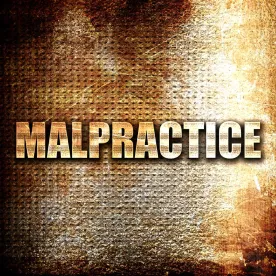Medical malpractice lawyers represent families of patients who died to due medical errors and medical mistakes in hospitals throughout the United States. Lawsuits are filed when there is a breach of the standard of care by the medical providers, meaning essentially that substandard or unacceptable treatment was provided to the patient. In addition to proving the medical provider was negligent, it must also be proven that the negligence was the probable cause of death of the patient.
Depending on the suspected cause of death, a hospital may request to perform an autopsy of the patient. In some counties, the facility may refer the matter over to the medical examiner’s office for an autopsy. The purpose of the autopsy is to determine the most likely cause of death, the major contributing factors to the death, and whether it was a natural or accidental death.
When family members suspect a medical mistake caused a patient’s death, it is wise to request an autopsy with a private pathologist, coroner, or medical examiner. This is a good idea for several reasons, especially if the family is contemplating a medical malpractice suit. And sometimes, the lack of an autopsy will prevent an attorney from having the necessary evidence to file a case.
If the patient died due to medical negligence or a hospital mistake, there is always the suspicion that the hospital doctor performing the autopsy will not point any blame at the same hospital. There could be bias in the findings to avoid liability. Essentially, there is a potential concern of a “cover up” to prevent the family from knowing the real truth behind the cause of death.
Second, a county medical examiner often only reports the findings of the autopsy and determines whether the cause of death was natural or accidental. The county medical examiner is not interested in determining whether there were any medical errors or mistakes that caused the death. For example, a county medical examiner may list the cause of death as “cerebral vascular disease” but not indicate that this stroke was preventable with appropriate medical treatment.
Third, a private autopsy can often assist a medical malpractice lawyer in the pursuit of a lawsuit against the hospital. In a medical malpractice lawsuit, a lawyer for the family must prove not only that the hospital committed malpractice but also that it was a cause of the death of the patient. Without a private, independent autopsy, this can be difficult to prove if there was no autopsy or if the autopsy was performed by the hospital or county medical examiner.
Ultimately, the family of the patient must make this tough decision. Many people have religious and moral views about autopsies and choose not to have them performed. Further, many people tell their family that they do not want an autopsy in the event of their death and family members follow that that request. However, a lack of autopsy may preclude the filing of a meritorious case.




 />i
/>i
